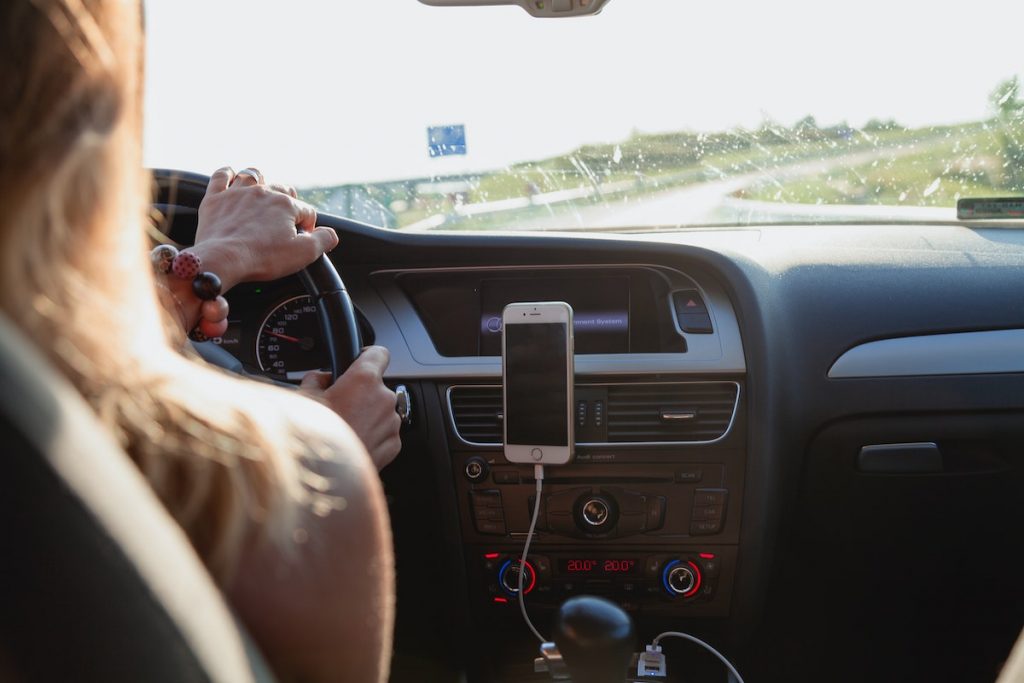- Plan ahead by mapping out your route and researching potential road closures or construction.
- Ensure everyone in the car is wearing a seatbelt and secure any loose items in the vehicle.
- Inspect your vehicle and consider investing in upgrades, such as window tinting services, to make it safer.
- Get plenty of rest before going on a long drive, and take breaks when tired.
- Practice defensive driving by maintaining a safe following distance.
Road trips can be an exciting adventure for the whole family. However, the open road can also pose certain safety risks. A road trip has challenges, from car accidents to weather-related hazards.
With that said, there are several steps you can take to keep your family safe during your travels. Here are some helpful tips for a safe and enjoyable road trip.
Plan Ahead
One of the most crucial aspects of a safe road trip is planning. Before hitting the road, map out your route and research any potential road closures or construction. Plan out your rest stops and accommodations in advance. By doing so, you can avoid any unexpected issues during your trip.
Buckle Up
It may seem like a no-brainer, but wearing your seatbelt is critical for your safety during a road trip. Ensure everyone in the car is wearing their seatbelt, regardless of how short the trip may be.
Additionally, it’s essential to secure any loose items in the car, as they could become dangerous projectiles in an accident. This is especially important if you have small children in the car, as they may be tempted to play with these items while on the move.
Inspect Your Car

When embarking on a road trip, inspecting your car and ensuring it is in good working condition is essential. Be sure to check the oil, brakes, tires, and lights. Before leaving for your journey, visit a certified mechanic if you have any doubts about your vehicle’s performance.
Consider investing in a few upgrades to make your vehicle safer. For example, opting for car window tinting services can provide additional protection from UV rays while also improving your family’s privacy. This will ensure your car is safe and ready for the open road.
Stay Alert
Long road trips can be exhausting, and fatigue can impair your ability to drive safely. To combat this, make sure to get plenty of rest before embarking on a long drive. If you feel tired while driving, take a break and rest briefly. It’s also important to stay alert for any other potential hazards on the road, such as wildlife crossings or heavy traffic.
Drive Defensively
Driving long distances in unfamiliar places can also be challenging and stressful, especially when your loved ones are with you. Practicing defensive driving habits is key to ensuring a safe and enjoyable journey.
Maintain a safe distance from other vehicles
One of the most fundamental defensive driving habits is maintaining a safe following distance from other vehicles. The recommended length is at least two seconds behind the vehicle in front of you. This provides enough time to react in case of sudden stops or turns. When driving on the highway, maintain a greater distance, around four seconds or more, to allow for higher speeds.
Stay alert and avoid distractions
As a driver, your primary responsibility is to keep your eyes on the road and your hands on the wheel. Avoid distractions that can take away your attention, such as texting, eating, or adjusting the radio. Pull over to a safe location first if you need to do something, like answering a phone call or changing the music.
Adjust your driving speed to the road conditions

Driving defensively means adjusting your speed to match the road conditions. You may encounter challenges during your trip, such as heavy traffic, winding roads, or harsh weather. In these situations, slow down and maintain control of your vehicle. Remember, arriving a little late is better than not arriving at all.
Be prepared for emergencies
Despite your best efforts, accidents can happen on the road. As such, be prepared with an emergency kit that includes first aid supplies, a flashlight, and flares or reflectors. Ensure everyone in your car knows how to use them in an emergency. Also, carry enough food, water, and medication for your trip.
Final Thoughts
Road trips can be a fun and memorable experience for the whole family. However, it’s essential to prioritize safety during your travels. Following these tips can help keep your family safe and secure while on the road. Remember to plan, buckle up, stay alert, prepare for emergencies, and drive defensively. Happy travels!

